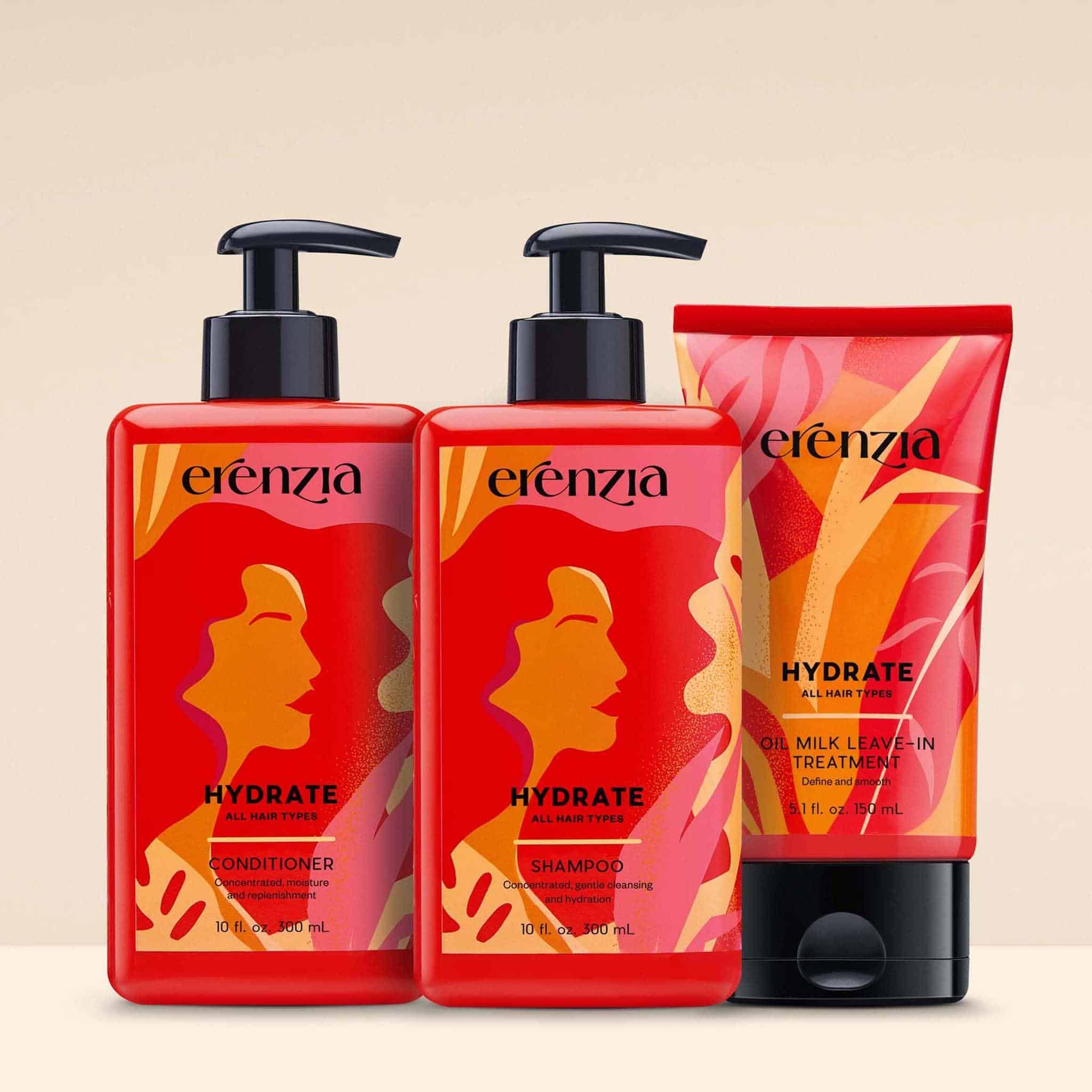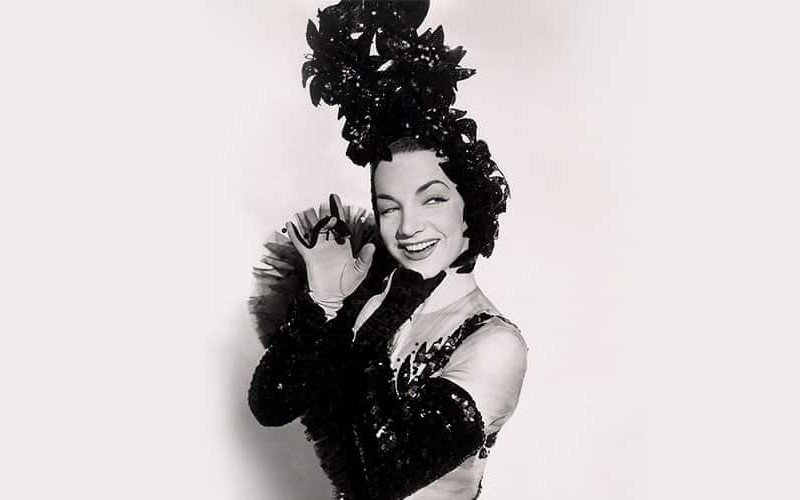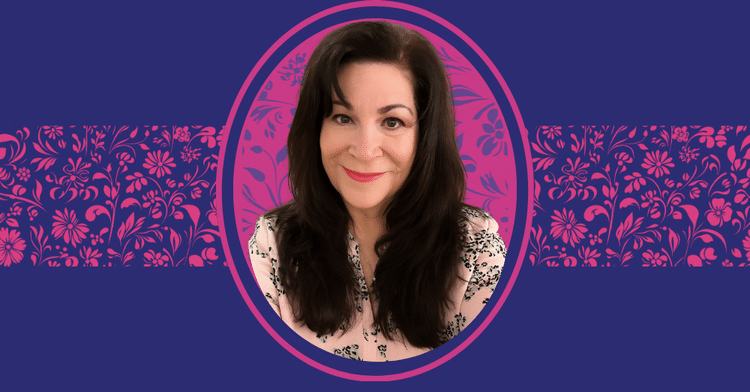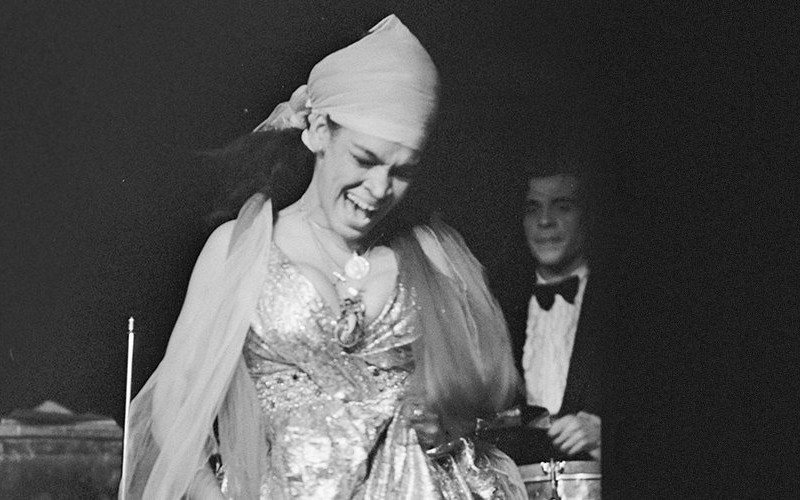New Latina Beauty Brand “erenzia” Enters the Scene
Erenzia has entered the growing field of Latina-owned brands, and we’re here for it.

“Latinas, at the center of it all,” headlines the “About Us” page of the new haircare and fragrance brand erenzia. They’re not wrong. For beauty brands, Latinas have used their massive trillion-dollar purchasing power to throttle the industry for at least a decade.
Nielsen, the leading consumer research firm in the U.S., has been reporting on Latinas in that period, and they report that the proof is in the numbers. During the pandemic, Latinas were the only non-white group who drove make-up and nail care purchases spending 13% more than the average buyer on personal care.
Nielsen also reports that since 2015, Latinas of all age groups have spent on average $35-50 more per year on personal care items, such as lipstick and hair care products, than all their female peers. They are also driving the “clean beauty” trend by showing the most interest in buying personal care products that are natural and environmentally friendly.
When erenzia writes that “Latinas love beauty. We breathe it. We live it. We are it,” they aren’t using fluff marketing language. Founders Alina Gonzalez, Vanessa Ramos, and Alex Pearl say that they came together to create a brand that has a mission and purpose that centers on the idea that all women deserve better beauty. In doing so, they smartly chose to focus the celebration of this ideal on Latinas and the rich culture that comes with them.
The U.S. beauty and personal care industry is expected to reach an astounding $128.7 billion in revenue by 2030 with Latinas leading the way in that growth.
Erenzia joins many new to new-ish Latina owned beauty brands such as Rizo Curls, Nopalera, artist Becky G’s Treslúce, and Luna Magic, which was founded by two Afrolatina sisters, as well as hair care product brands such as Botánika Beauty or Bomba Curls, both from Dominican Americans, and clean care brands Vamigas and Perla Rose.
Part of erenzia’s mission is to empower women through financial education and mentorship by partnering with non-profit and financial organizations whose vision aligns with theirs. It’s a much-needed effort in a system where Latina founders struggle to attract investors, with less than 1% of all venture capital going to Latine founders.
Latina-led personal care and beauty brands are in their infancy, but it looks like Latinas and consumers everywhere are about to start seeing many more choices on store shelves and online platforms.
Ultimate Hydration Collection
 A collection (shampoo, conditioner, treatment) of our Hydration hair care products. Enriched with our exclusive, naturally derived rice complex with moisturizing Jojoba Oil these products improve hair manageability, strengthen, detangle and enhance shine.
A collection (shampoo, conditioner, treatment) of our Hydration hair care products. Enriched with our exclusive, naturally derived rice complex with moisturizing Jojoba Oil these products improve hair manageability, strengthen, detangle and enhance shine.
Fragrance Perfume Oil Discovery Set
 Erenzia Fragrances are a sensual and captivating fusion of warm, bright and spicy notes that capture the magnetic essence of our Beauty. Created with a concentration of long-lasting perfume and a hydrating oil base with Jojoba Oil each scent leaves everyone in her orbit wondering who she is and what she is wearing.
Erenzia Fragrances are a sensual and captivating fusion of warm, bright and spicy notes that capture the magnetic essence of our Beauty. Created with a concentration of long-lasting perfume and a hydrating oil base with Jojoba Oil each scent leaves everyone in her orbit wondering who she is and what she is wearing.




